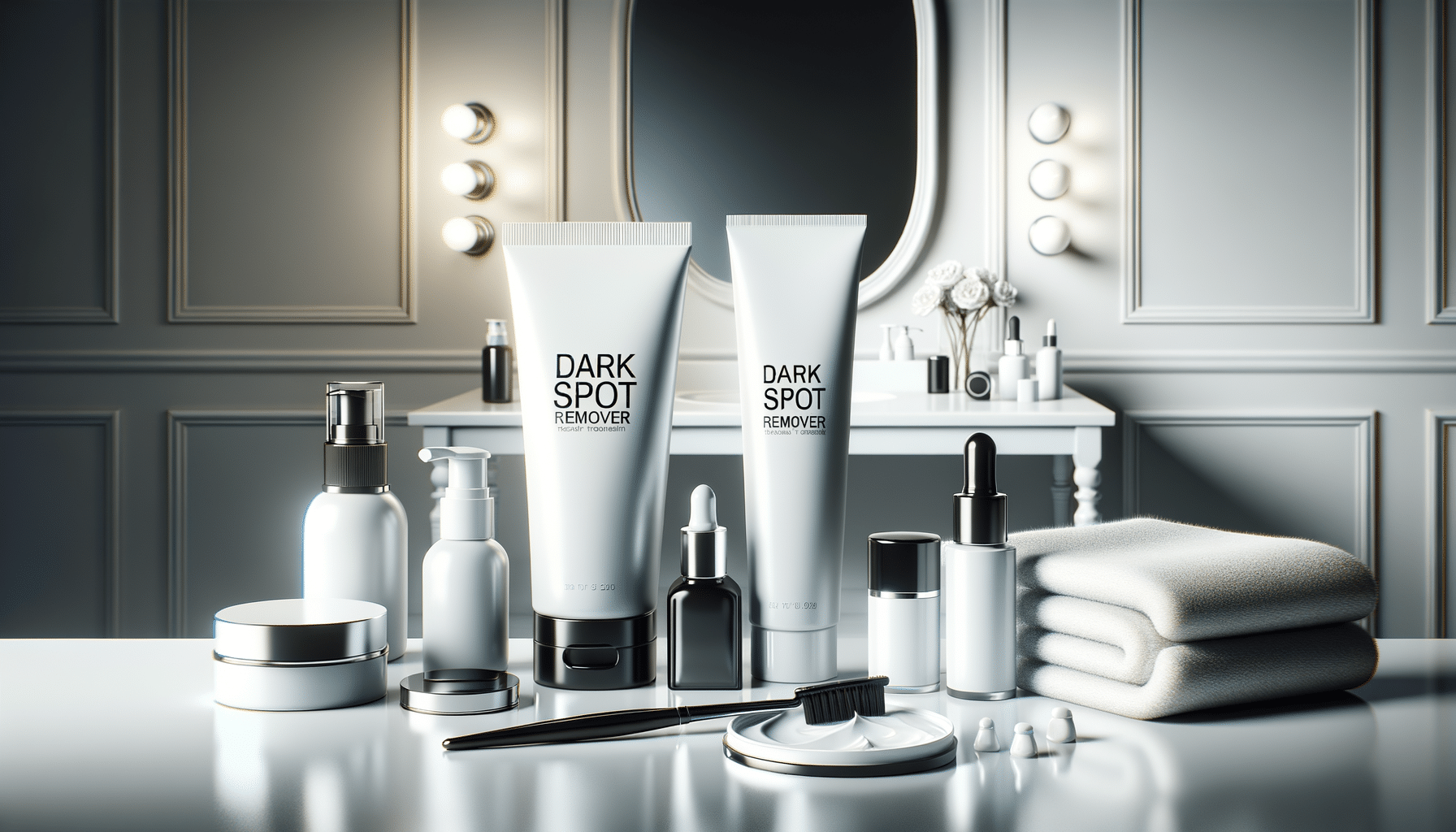
Dark Spot Treatment
Understanding Dark Spots: Causes and Concerns
Dark spots, also known as hyperpigmentation, are a common skin concern that can affect individuals of all ages and skin types. These spots occur when certain areas of the skin produce more melanin than usual, leading to patches that are darker than the surrounding skin. The causes of dark spots can vary, including sun exposure, hormonal changes, skin injuries, and certain medications. Understanding the underlying causes is crucial for choosing the right treatment.
Sun exposure is one of the most prevalent causes of dark spots, as UV rays can trigger melanin production. Hormonal changes, particularly during pregnancy or due to birth control pills, can also lead to a condition known as melasma, characterized by dark patches on the face. Additionally, post-inflammatory hyperpigmentation can occur after skin injuries or inflammation, such as acne. Knowing these causes helps in selecting effective treatments and preventive measures.
Addressing dark spots involves a combination of preventive strategies and targeted treatments. Sun protection is essential, as UV exposure can worsen existing spots and lead to new ones. Using broad-spectrum sunscreen daily is a crucial step in any skincare routine aimed at reducing dark spots. Alongside prevention, various treatments are available, ranging from topical products to professional procedures.
Topical Treatments for Dark Spots
Topical treatments are a popular choice for those looking to reduce dark spots. These treatments often contain active ingredients that target melanin production and promote skin cell turnover. Some of the most effective ingredients include vitamin C, niacinamide, and hydroquinone. These components work by inhibiting melanin synthesis and lightening existing pigmentation.
Vitamin C is renowned for its antioxidant properties, which help to brighten the skin and reduce dark spots over time. Niacinamide, a form of vitamin B3, is another ingredient that can improve skin tone and texture. Hydroquinone is a more potent option that is often used in prescription creams for its ability to lighten dark spots significantly.
When using topical treatments, consistency is key. It may take several weeks or even months to see noticeable results, but regular application can lead to significant improvements. It’s important to follow the instructions provided with these products and to consult a dermatologist if you experience any irritation or adverse effects.
Professional Procedures for Dark Spot Removal
For those seeking more immediate results, professional procedures can offer an effective solution for dark spot removal. Dermatologists and skincare professionals offer various treatments that can target hyperpigmentation more aggressively than over-the-counter products. Some popular procedures include chemical peels, laser therapy, and microdermabrasion.
Chemical peels involve applying a chemical solution to the skin, which exfoliates the top layers and promotes the growth of new, evenly pigmented skin. Laser therapy uses focused light to break down excess melanin, while microdermabrasion involves physically exfoliating the skin to remove dark spots.
These procedures can be highly effective, but they also come with considerations such as cost, downtime, and potential side effects. It’s important to consult with a qualified professional to determine the most suitable treatment based on your skin type and the severity of your dark spots. Additionally, maintaining a good skincare routine post-procedure is essential to prevent new spots from forming.
Exploring Pills for Dark Spots
In addition to topical treatments and professional procedures, some individuals opt for oral supplements or pills to address dark spots. These pills often contain ingredients like glutathione, vitamin C, and antioxidants that aim to lighten the skin from within. The idea is to provide the body with nutrients that can help regulate melanin production and promote an even skin tone.
Glutathione is a powerful antioxidant that is believed to reduce melanin production, while vitamin C supports collagen production and skin health. Other supplements may include ingredients like zinc and selenium, which contribute to overall skin health. While these pills can be a convenient option, it’s important to approach them with caution.
Consulting a healthcare professional before starting any supplement regimen is crucial, as some ingredients may interact with medications or have side effects. Additionally, the effectiveness of these pills can vary, and they are often most beneficial when used in conjunction with topical treatments and sun protection.
Conclusion: Choosing the Right Approach for Dark Spot Treatment
Dark spots can be a challenging skin concern, but with the right approach, they can be effectively managed. Whether you choose topical treatments, professional procedures, or supplements, it’s important to tailor your strategy to your specific skin needs and lifestyle. Consistency and patience are key, as results may take time to become apparent.
Combining preventive measures, such as sun protection, with targeted treatments can yield the best results. Consulting with a dermatologist can provide valuable insights and help you choose the most effective treatment plan. Remember, addressing dark spots is not just about achieving a more even skin tone but also about maintaining overall skin health.


